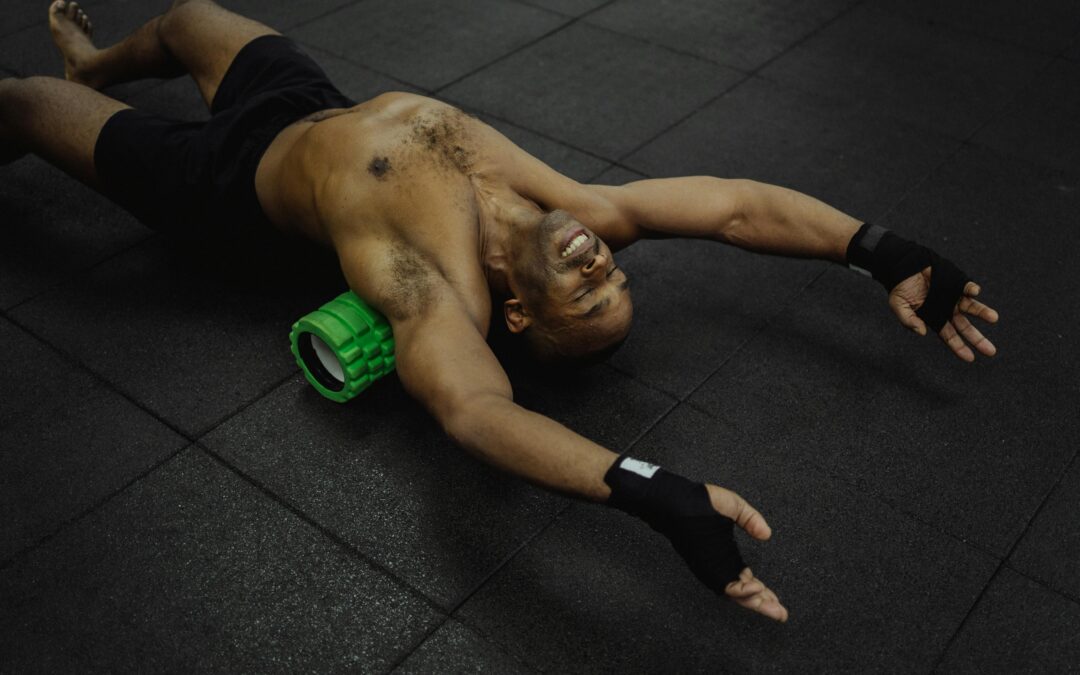What does recovery even mean? What is the most effective way to recover? Should I do active recovery or passive recovery?
The word recovery gets used a lot with training these days. And it is really important with regards to optimal performance and injury reduction. Recovery is the ability for our body to return to a baseline level following a training stimulus. Typically it involves a period of time for our muscles, bones, nervous system etc to repair itself and build itself back to a “normal” state”. We see tons of “biohacks” discussing the ability to recover. Ice baths, sauna, foam rolling, active recovery, sleep, massage, stretching, cupping, acupuncture, red light…what actually helps?
Quite honestly, the best thing you can do is just sleep and rest. Our body is best at repairing itself after harder workouts by just leaving it alone. I forget who I heard the line from, perhaps Dr. Mike Israetel, but “it’s addition by subtraction.” It’s really difficult to think about adding more stress to your system that somehow helps it recover better.
There is marginal evidence that any of the above modalities improve recovery. It doesn’t make that useless. Things can definitely feel better but not be better. Many of these things are giving us a transient sensory experience that can sort of distract the nervous system for a time and allow it to perform a little better in the short term. Working with athletes or lifters who train consistently at higher levels can utilize these techniques to help them perform again and again and get a little bit better performance out of them because they “feel” better or looser or more freedom of movement. But the feel good stuff is a bit of an illusion because it isn’t ACTUALLY making you any better or more recovered. Again, this isn’t an attack on any of these strategies because they can be really effective at helping those elite athletes perform better in those short windows. But for most of us average, amateur level fitness enthusiasts, we aren’t training hard enough to require it. Getting a good sleep and sitting on our a** is probably the best thing we can do after a bout of intense exercise, and usually isn’t worth the thousands of dollars in investment for cold tanks, saunas, red lights, massage chairs…there’s just no evidence that they are actually effective in helping with recovery. If you have the means or you just like the way it makes you feel, please, by all means. It may make a small difference and allow you to perform just a little bit better. But on the whole, there is no magic pill that’s going to help you more than a good night’s sleep.
